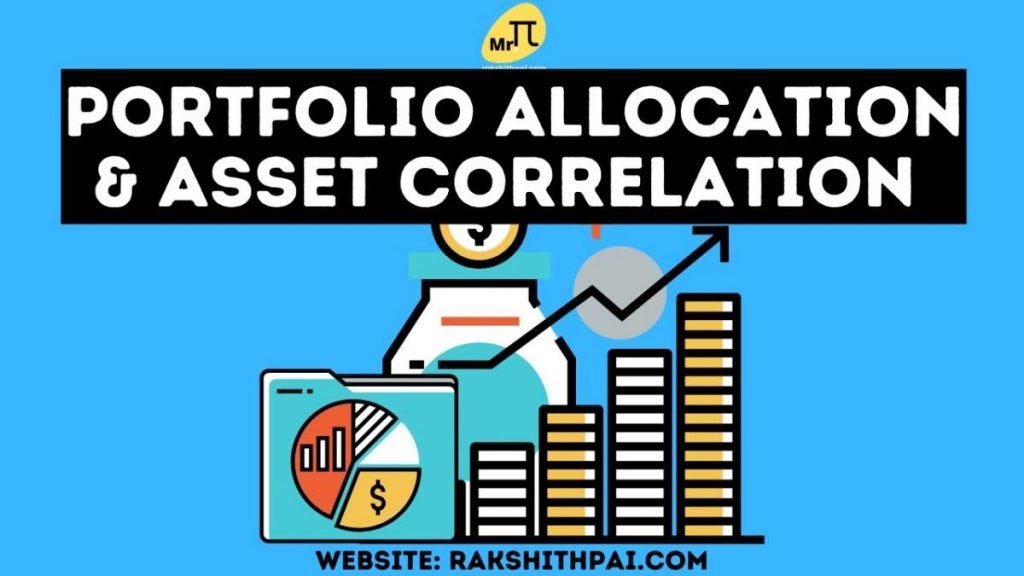Table of Contents
Introduction:
Whether we like to admit it or not, we all worry about the future and make substantial decisions to save and invest money in order to provide for a comfortable retirement.
Many of our current activities contribute not just to our own development but also to the country’s overall progress. However, when we do require government assistance, it is in our old age. Will the government support us?

Yes! but not as you think it does.
Yes, we are discussing the portion of our income that must be set aside to fulfill our legal obligation to pay income taxes to the government. We have done this habitually for years. But, what’s also important is to invest in ourselves.
For our future selves to be honest.
In this article, we’ll address various tax benefits & investment options available to senior citizens in India as per the Income Tax Act.
Who’s A Senior Citizen?
A senior citizen individual is someone who is above the age of 60 years for that financial year and onwards. Basically, if you are 60 or older on April 1st of this fiscal year, you are considered a senior for the following tax assessment. And, your basic exemption limit is set at 3 lakhs (5 lakhs in the case of super seniors).
Difference Between Senior Citizen & Super Senior Citizen:
As per the Income Tax Act, you are a senior if you are in the age group of 60 to 80 years of age. Post 80, you are considered a super senior.
Investment & Tax Benefits Allowed for Indian Seniors:
The following are the top 5 major investment and tax benefits available for Indian Seniors and super seniors;
Follow These Steps to Save Money on Taxes:
Specific Investment Options
Senior Citizen Indians can invest in the Senior Citizen Savings Scheme (SCSS), under which you can deposit up to 30 lakh rupees for a period of 5 years and earn investor income up to 8.2%, which is one of the highest interest sources amongst various retirement accounts.
SCSS is absolutely safe and easy to invest in. With a minimum deposit of 1,000 to 30 lakh, such investments are to be made in multiples of 1000. And investment up to Rs. 1.5 lakh is tax deductible u/s 80C.
You’ll receive your interest income every quarter. And, such income is taxable if it is over Rs. 10,000.
For example, if you deposit Rs. 30 lakhs in the SCSS account at an 8.2% interest rate, you’ll receive Rs. 2,46,000 per annum. Given to you every quarter at Rs. 61,500 per quarter.
High Slab Rate
It’s a known fact that if you are a senior citizen, your income tax slab rate will be higher. More so the case if you are a super senior aged above 80 years.
As per the increased slab rate, you’ll be taxed only if your taxable income exceeds Rs. 3 lakh, and in the case of super seniors, it is Rs. 5 lakh.
Medical Benefits
We know that as we age, we are prone to multiple illnesses, and considering this fact, as per the IT Act, senior citizens get additional deductions such as;
- Higher deduction limit for medical insurance premium u/s 80D up to Rs. 50,000 per annum
- Higher Deduction Limit for Medical Treatment for an Ailment of a Specified Disease u/s 80DDB up to Rs. 1 lakh per annum.
The standard deduction for medical insurance premiums paid by non-senior citizens under Section 80D is Rs. 25,000; the deduction for senior citizens is Rs. 50,000. (Before Budget 2018, the cap was 30,000; now it’s 50,000.)
In addition, senior citizens can also deduct the cost of their medical care and their insurance premiums, under Section 80D.
And under Section 80DDB, senior citizens and super-seniors can claim up to Rs. 1,00,000 on expenses incurred for specified aliments.
Interest Income
Apart from investment options such as SCSS, you as a senior citizen can also benefit from the higher deduction limit for interest earned on all your interest income u/s 80TTB. Basically, the deduction is allowed for a maximum interest income of up to ₹ 50,000 earned by the senior citizen.
Which includes, savings & fixed deposits, any deposit with the post office or cooperative banks, etc.
Advance tax and TDS
Senior Citizens not having business income are exempt from payment of any advance tax and are only required to pay self-assessment tax on their total income. Also, you need not pay TDS on your fixed deposit interest income if you do not have any other source of income by simply submitting Form 15H.
If a senior citizen’s whole income is exempt from income tax and he/she owes no tax for the current fiscal year, he/she can request that their TDS on interest on fixed deposits be waived by filing Form 15H.
15 Best Ways to Save Income Tax in India:
No Tax under the Reverse Mortgage.
A Reverse mortgage in simple terms is the opposite of a general housing loan. Here, you’ll hand over your property documents in exchange for a steady monthly income. Watch this video to learn more about Reverse mortgage. CLICK HERE!
The facility of Reverse Mortgage Scheme is only available to individuals over the age of 60, and once you mortgage your home under the Reverse Mortgage Scheme, the amount paid to you as installments is exempt from tax.
Basically, By taking out a mortgage on their house for the rest of their lives, seniors can get a steady stream of income without giving up control of the property.
In this plan, the borrower’s legal heirs receive any remaining funds from the sale of the collateral after the loan has been repaid in full with accrued interest. Payments made to seniors under this program are free from income tax.
Pension Income & Standard Deduction.
Seniors aged 75 or older who only receive pension income and interest income are not required to file individual tax returns (ITRs). Also, in such a case, you can claim up to Rs. 50,000 as a standard deduction.
Conclusion:
Respect and affection for one’s elders are cornerstones of Indian culture. They are cared for so that future generations might learn from their experiences. But, let’s all agree to the fact that taking care of elders is difficult when the cost of healthcare is dramatically rising.
It is after realizing these aspects that our government has given various tax benefits and special investment options to senior citizen Indians.
The government provides older persons with unique tax breaks in an effort to preserve cultural and moral norms. The goal is to help them relax and enjoy this time in their lives. Knowing about the tax breaks available to seniors is essential if you or your elderly parents are doing any kind of financial planning.
FAQ’s:
For More Information, Check this Video:
Disclaimer: All the information on this website is published in good faith and for general information purposes only.









